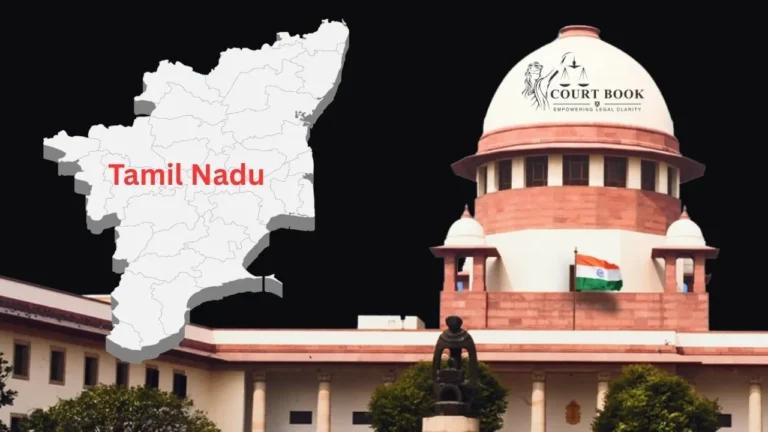In a packed courtroom on Wednesday morning, the Supreme Court settled a long-running fight over compensation for land acquired for the Coimbatore airport expansion. The bench, led by Justice M.M. Sundresh, firmly ruled that once landowners voluntarily sign a compensation agreement, they cannot later demand additional payments like statutory interest. The judges repeatedly stressed that a “deal is a deal”, unless fraud or coercion is proved - and here, none was.
Background
The dispute dates back to the 1940s when the defence authorities first took these Coimbatore lands on lease. Over the decades, the land passed through various departments, finally landing with the Airport Authority of India (AAI).
Read also:- Supreme Court Clarifies When Appeal Time Starts in Environmental Clearance Cases, Dismisses Talli Gram
Things escalated after 2011, when the Tamil Nadu government began acquiring the land under the Tamil Nadu Acquisition of Land for Industrial Purposes Act, 1997. Several landowners challenged the process, and also demanded arrears of lease rent.
Finally, in March 2018, officials and landowners negotiated a mutual settlement, fixing compensation at ₹1500 per sq ft for residential land and ₹900 per sq ft for agricultural land - significantly higher than the guideline value then in force. Many landowners withdrew their legal challenges after this settlement.
But later, some landowners sought interest under Section 12 of the same Act, arguing that since the Government had taken possession long back, they deserved interest until payment.
Read also:- Supreme Court Clarifies: Assignment of Specific Performance Decrees Need No Registration, Ending
Court’s Observations
The Supreme Court was blunt: statutory benefits end where a voluntarily signed contract begins.
The bench observed, “Once such an agreement is arrived at, it becomes a concluded contract… the rights and liabilities of the parties would only be governed by the terms of the contract.”
The judges noted that the landowners accepted the enhanced compensation without protest, enjoyed the benefits, and then later claimed interest - behaviour the Court called a textbook example of “approbate and reprobate”, meaning you can't accept one part of a deal and reject another.
The Court added that Section 12, which provides interest when the government delays paying compensation, does not apply once the landowner joins a negotiated settlement under Section 7(2).
Justice Sundresh remarked at one point, almost conversationally: “When parties choose the negotiation table over litigation, they cannot return later seeking something extra.”
Read also:- Rajasthan High Court Refuses State’s Appeal After Acquittal in POCSO Case, Says DNA Alone Cannot Establish Rape Without Clear Victim Testimony
Decision
The Supreme Court set aside the Madras High Court's order that had granted the landowners interest from the date of acquisition notice until 2020.
The ruling ends with a clear declaration:
the Government of Tamil Nadu is not required to pay any additional interest beyond the mutually agreed compensation amount.
And with that, the appeals were allowed, bringing the long-drawn litigation to a quiet close.
Case Title: The Government of Tamil Nadu vs. P.R. Jaganathan & Others
Appeal Type: Civil Appeal arising out of SLP (C) Nos. 12770–83 of 2020
Court: Supreme Court of India
Bench: Justice M.M. Sundresh & Justice N. Kotiswar Singh
Date of Judgment: 19 November 2025














